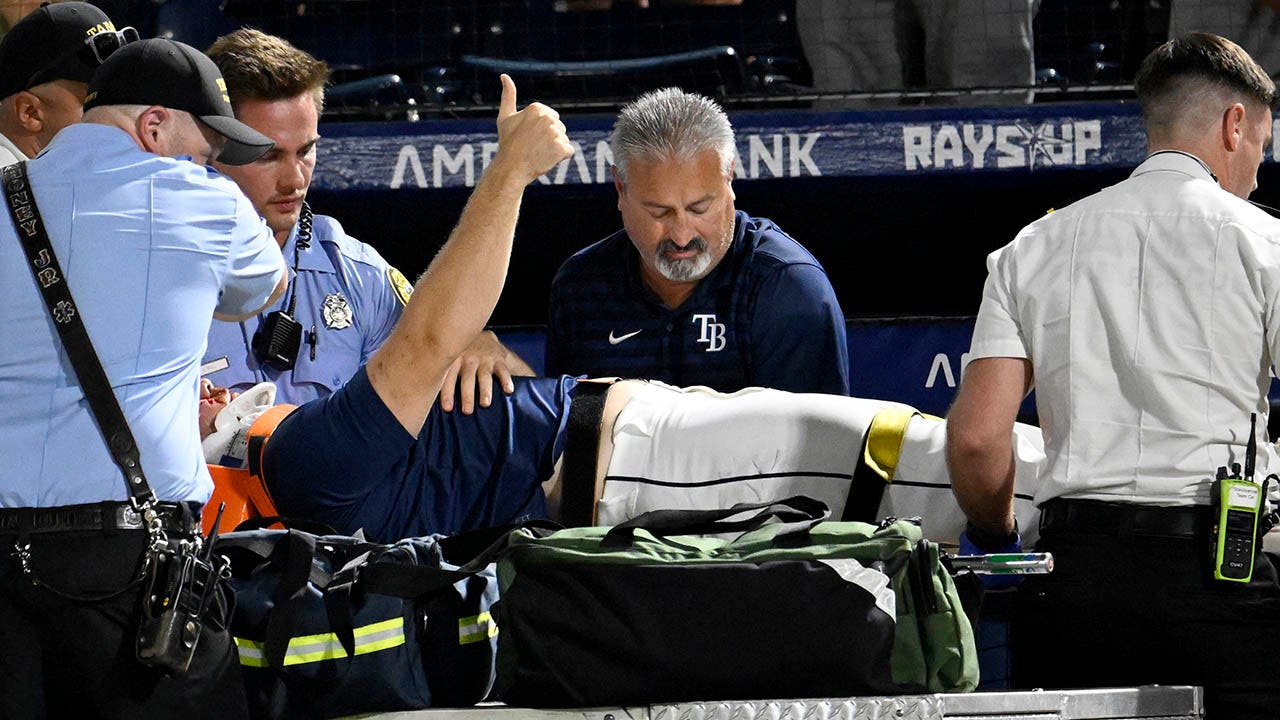
Today’s kids will likely never understand what it’s like to live without so much technology at their fingertips. From interactive smartboards in classrooms to video chatting daily with friends, there is an unavoidable amount of tech intertwined with everyday life. One of the potentially greatest life-changers for children could be the latest major tech innovation: artificial intelligence.
AI is quickly becoming one of those normal pieces of everyday tech, for parents and kids alike. Just look at Sam Altman, the CEO and cofounder of OpenAI, the company who pioneered ChatGPT, who recently spoke about how AI is a part of his life as a new parent on the first episode of the new OpenAI podcast.
Altman revealed that ChatGPT has been an integral resource as a parent, saying he used it “constantly” for the first few weeks after welcoming his son in February.
“Clearly people have been able to take care of babies without ChatGPT for a long time. I don’t know how I would have done that,” he said. “Now I ask it more questions about developmental stages, because I can do the basics.”
Altman says he spends a lot of time thinking about how his kids will use AI in the future—and isn’t afraid to admit that it will be a big part of their lives, for better or worse.
“My kids will never be smarter than AI,” Altman told the podcast’s host, Andrew Mayne. He also thinks his kids will be fully aware of that fact, and not mind it at all. “They will grow up vastly more capable than we grew up and able to do things that we just, we cannot imagine. And they’ll be really good at using AI,” he added.
As AI becomes more integrated into everything from education to therapy, Altman thinks “kids born now will think that the world always had extremely smart AI,” adding, “They will use it incredibly naturally and look back at this like a very prehistoric time period.”
Ying Xu, an assistant professor at the Harvard Graduate School of Education, has pointed out that while AI can be a useful tool for children’s education, such as AI companions that ask questions to improve children’s comprehension and vocabulary, Xu cautions that it could hinder their language and social development. AI can’t fully recreate the deeper engagement and relationship-building that comes from human interaction, which comes with more nuanced, personalized, and organic conversations that are crucial for kids as they grow.
Other concerns like privacy issues are also arising as AI becomes more common among children, but there could be even more dangerous risks. Earlier this year, a 14-year-old boy took his life after falling in love with an AI chatbot, that led to an urgent warning from the safety nonprofit, Common Sense Media, which stated that these platforms should not be used by anyone under 18.
While Altman recognizes the benefits, he also acknowledges that AI has downsides.
“I suspect this is not all going to be good,” Altman explained. “There will be problems. People will develop these somewhat problematic or very problematic parasocial relationships and society will have to figure out new guardrails. But the upsides will be tremendous.”
For more on AI and health:















